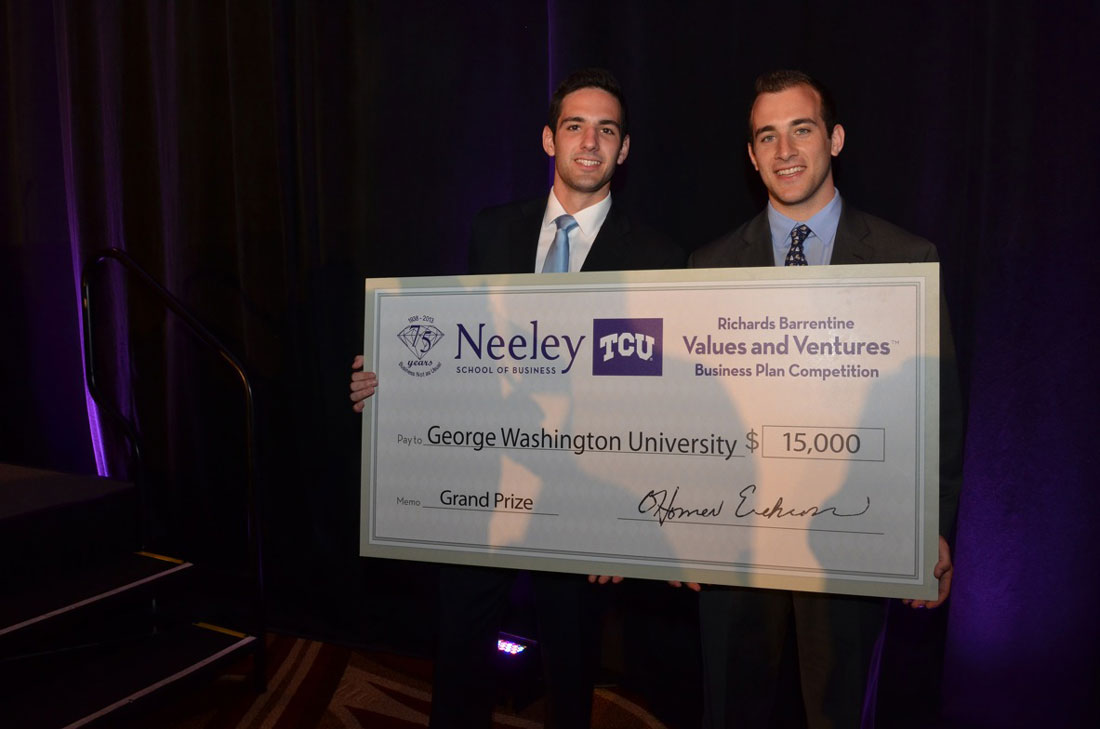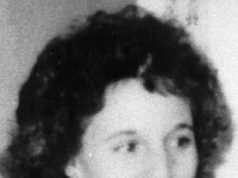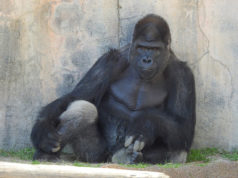Dylan Fox and Zach Herman made their first-ever trip to Texas on April 18. When they checked in at their hotel near Texas Christian University that night, they were wearing shorts and t-shirts and carrying minimal luggage — easily identifiable as the college students that they are. But the two George Washington University friends weren’t arriving for spring break frivolity or grad school interviews.
Fox is CEO and Herman is chief marketing officer of a one-year-old company called Crowdvance, an online fund-raising service for small nonprofit organizations. The pair came up with the idea, wrote the business plan, built the website, marketed it, pitched it to national retailers and small nonprofits, and hired interns. Now they’re monitoring results. And last month they brought Crowdvance to TCU and won first place in the Richards Barrentine Values and Ventures Business Plan Competition that honors entrepreneurial ideas that “do good while doing well.”
Brad Hancock, director of the Neeley Entrepreneurship Center at TCU, explained that the primary criterion in the three-year-old competition is to create a for-profit business venture with a meaningful purpose. “They’re not simply judged on whether this is a viable business with a good business plan,” he said. “How is it going to make the world a better place? The values component must be strong.”
TCU invites universities worldwide that have “good or even great entrepreneur programs,” Hancock said, to participate. This year, universities as far away as Scotland and Croatia sent teams.
Dallas real estate entrepreneurs Nancy T. Richards and Lisa Barrentine co-founded the competition with the Neeley School of Business in 2010 with a $1 million donation and a key requirement: that the competition teach college students how to make money while giving back. The two women work together at First Preston HT, where Richards is board chairman and CEO and Barrentine is president. Richards also serves on the TCU board of trustees.
This year, the Neeley staff gathered more than 30 area business leaders to serve as judges and mentors to 28 contestant teams. The top five teams advanced to the finals, along with a sixth team in a kind of wild-card berth. Cash prizes range from $15,000 for first place to $1,000.
When Fox talks about his team’s project, he spouts biz-speak — angel investors, distribution strategy, and “traction to date.”
Crowdvance encourages donations to nonprofit groups by offering discounts or other perks from national retailers to people who contribute to one of the Crowdvance clients. Fox said the business offers value to both the nonprofit clients and the retailers.
“At first we wanted a better way to raise money for our own college clubs, but then we saw the potential to help small groups such as youth sports teams and small nonprofit companies,” said Fox, 21, who graduated with a bachelor’s degree in business administration last month. Herman, 20, is a sophomore majoring in international business.
The project had already brought them good grades and recognition at GWU before they scored the $15,000 prize in Fort Worth. “We won a similar competition at GWU last year, just after we launched our company,” Fox said. “Now that we had a year of operational experience, we were pretty confident about doing well at the TCU event.”
For the two days of the competition, Fox and Herman holed up in their hotel room. “We had heard about the Stockyards, and we were told there was great barbecue and Tex-Mex food in Fort Worth,” Fox said. “But we didn’t get to see anything, and the only time we went to a restaurant was to eat Buffalo wings at a place near the TCU campus.
“I know people thought we were nerds,” he said. “And we kinda are. We came down here with the goal of winning. So we stuck to ourselves and maintained our focus. We stayed in our room, practicing and practicing.” He said he has been coming up with business ideas — each better than the last — since he was a little kid.
The prize money will go into the business and, with additional help from new investors, will allow Crowdvance to hire a few employees.
“We want to change the world too,” Fox said. “I wouldn’t be satisfied to be a big-time executive without creating a value.”
Finalist judge Paul Spiegelman said the contestants convinced him that “there’s hope for the future.”
Spiegelman is the Bedford-based chief culture officer of Stericycle, a global company specializing in disposal of regulated substances. He co-founded Inc. Small Giants Community, which brings together leaders focused on values-based business principles. And he has written several best-selling books on business culture.
“Times are tough for new college graduates, and overall there is a real shift in America to demonstrate the connection between a culture of values and profit,” he said. “I believe that while business isn’t generally wired that way, the world is changing. It’s more of an evolution than a revolution, but it is changing.”
Spiegelman said judges were particularly impressed with Fox and Herman’s confidence in the success of Crowdvance.
Second place in the competition went to a team from Virginia with a plan for SoundSense, a home communications system for the hearing impaired that uses Wi-Fi technology to combine visual alerts from household devices such as phones and baby monitors into one user-friendly device.
The hometown team took third place. TCU seniors — now graduates — Brooke Bettis and Molly Johnson presented their plan for a company called “Sneez4,” featuring facial tissues in environmental packaging, with part of the sales proceeds shared by four charities: Alzheimer’s Association, Wounded Warriors, St. Jude Children’s Research Hospital, and Feeding America.
Bettis said the business will be on hold for a while, but she intends to implement it. She called the competition “the highlight of my college career.” Both she and Johnson have been hired for fulltime jobs to start in the next few weeks.
“I think I’ve always known that I would start my own business someday,” Bettis said. “I could never put so much time and effort into something that was strictly money-driven.”
Also placing were teams with ideas for employing veterans to improve police training in Honduras, using an online fashion marketplace to support artisans from around the world, and a paid service for families and friends of American military service personnel killed in action to place flowers on gravesites and record virtual cemetery tours for those who live far from their loved ones’ burial sites.
Two special $2,500 Founders Awards went to teams from Glasgow, Scotland, and Tampa, Fla. Students from the University of Strathclyde created a recycling company that produces organic fertilizer from coffee grounds. The Tampa team’s proposal would franchise contained, sustainable agricultural production systems (aquaponics) for areas in the world that are facing food shortages.
When the GWU team got back to the airport for their flight home, they had to apply some additional ingenuity on the spot: Their oversized presentation check wouldn’t fit anywhere in the passenger cabin, so the pair couldn’t carry it on. They scrambled to find a box for it and sent it home as checked baggage.
“It cost us $25, but it was worth it,” Fox said.
North Texas freelance writer Annabelle Massey Malloy can be reached at annabellemm@sbcglobal.net.













Thanks for the great article! – Crowdvance Team